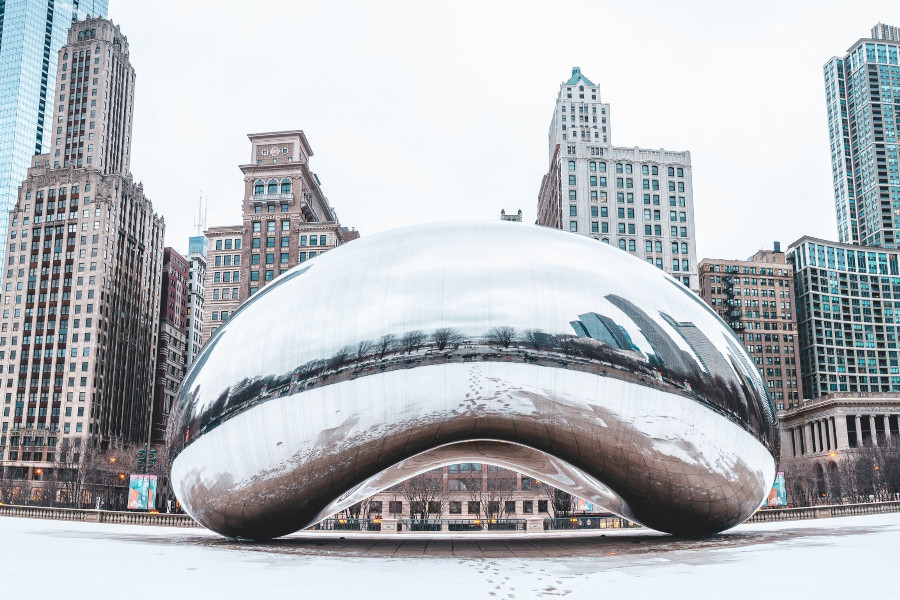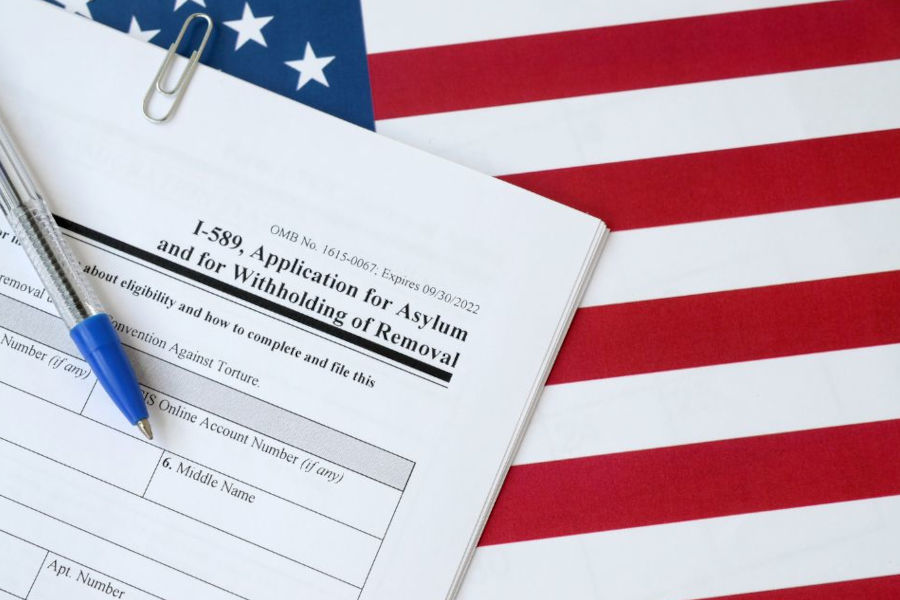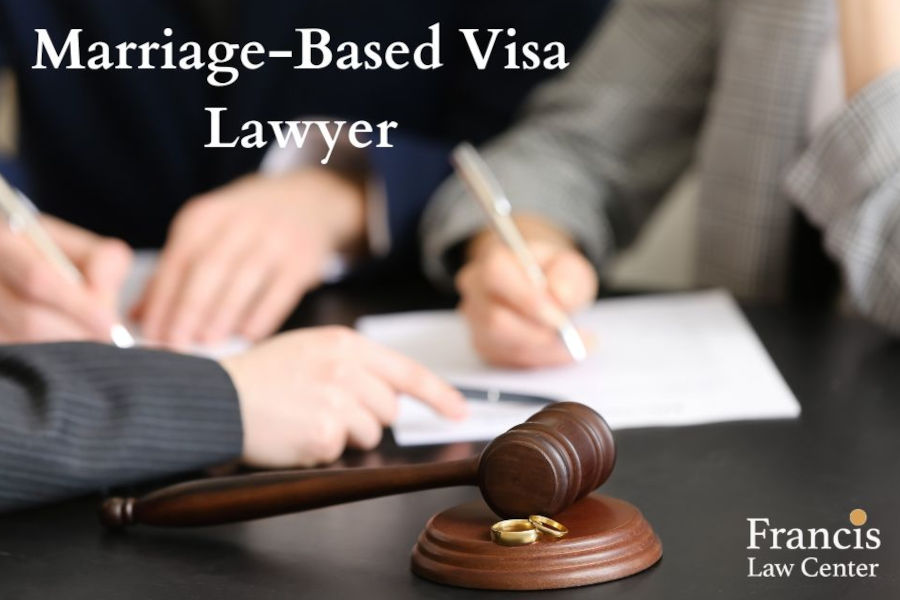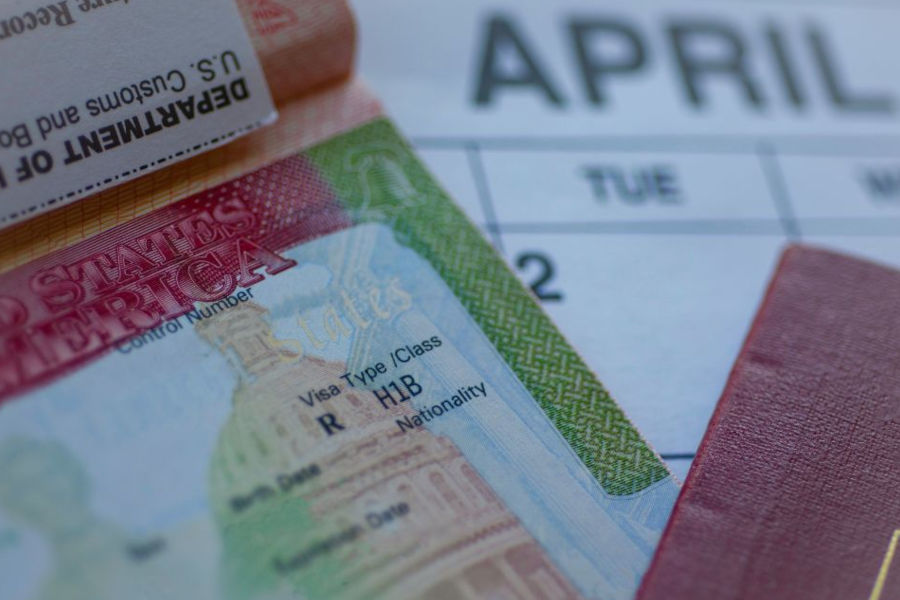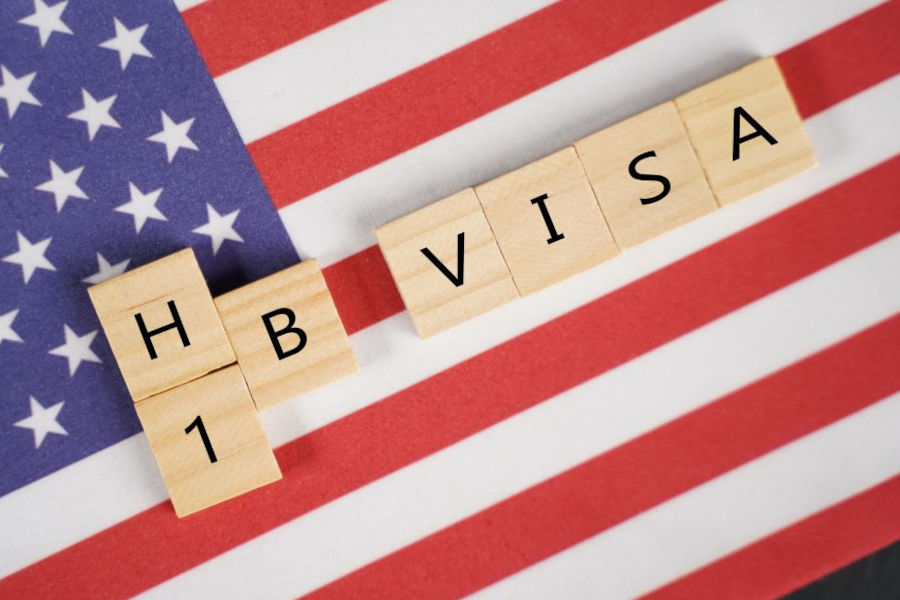In order to comply with Covid vaccination requirements, you must ensure that you receive the right vaccine at the right time. You must also receive evidence of your vaccination. There are also several exceptions to the requirement that you become fully vaccinated. The requirement applies only to nonimmigrant foreigners flying to the United States.
If you comply with vaccination requirements, you are considered to be “fully vaccinated”. You may become “fully vaccinated” by receiving one of three FDA accepted vaccines, or by receiving certain vaccines that are not FDA approved but have received an “Emergency Use Listing” by the World Health Organization and approved by the CDC.
You are also considered fully vaccinated if you completed a clinical trial in the United States and received the vaccine, rather than a placebo. Booster shots are not currently required in order to be considered fully vaccinated, though there is some indication that that may change in the future.
The timeline for calculating when you are considered “fully vaccinated” is confusing for U.S. FDA accepted vaccines, and unclear for WHO vaccines (unless you mix different WHO vaccines). There are two reasons why the definition of fully vaccinated is confusing for FDA-approved vaccines. First, there is a four-day “grace period”. Second, the CDC is inconsistent in the way that it calculates dates. In some instances, the day that you received the vaccine is included in the calculation. In other cases, it is not.
You are considered fully vaccinated two weeks after your second dose of the Pfizer-BioNTech and Moderna vaccines. Similarly, you are considered fully vaccinated 2 weeks after your single dose of the Johnson and Johnson vaccine.
“After,” in the context of the 14 day period, is calculated starting after the day that you receive the final dose. In other words, if you receive your first dose on the first day of a month, you must wait until the fifteenth day, not the fourteenth. On the other hand, “between” includes the date of both doses in calculating the interval between the first and second dose.
A four-day grace period applies to the interval between doses. However, this period includes the dates that you received the vaccines. Thus, to calculate how long you must really wait from the date of your first dose you must subtract four days from the medically recommended interval and add fifteen days.
For example, even though the medically recommended interval between doses for the Moderna vaccine is 28 days, you need only wait 24 days, because of the grace period. However, you must wait until 15 days from the date of the final dose, because the day that you receive the dose is not included in the calculation. Ultimately, you can expect to wait 39 days from receiving your first Moderna dose until you comply with current air travel requirements.
Similarly, if you received the Pfizer-BioNTech vaccine, the medically recommended dose interval is 21 days, Subtracting the four-day grace period decreases that to 17 days from the time of the first dose. Adding fifteen days from the day of the final dose, means that you must wait at least 32 days from the date of your first dose of the Pfizer vaccine until you meet current air travel requirements.
If you mix different brands of WHO vaccines, the timeline is the same as for the Pfizer-BioNTech vaccine — a total of 32 days. However, neither the CDC website nor the CDC’s order has information on the interval required between doses if you do not mix WHO vaccines approved by the CDC, but not the FDA.
The required interval between doses for WHO Emergency Use Listed vaccines approved for use by the CDC is unclear. The CDC hotline has been unable to provide answers. In some cases, the WHO’s recommendations are provided in a range, and other countries deviate from WHO recommendations.[1] So far, the U.S. has been silent. Although 28 days seems to be the common denominator for a minimum, it is not advisable to travel on an educated guess.
There are currently five WHO accepted vaccines accepted by the CDC:
- AstraZeneca
- Covaxin
- Covishield
- BIBP/Sinopharm
- Sinovac
https://www.cdc.gov/coronavirus/2019-ncov/travelers/proof-of-vaccination.html
You are also considered fully vaccinated if you received an active dose (not the placebo) of Novavax (or Covovax) during a stage 3 clinical trial. Fourteen days must have passed since you received the final dose in the series.
You should be alert to changes in federal vaccination requirements. NIH immunologist Dr. Anthony Fauci has stated that it is a matter of “[I]f, not when” the definition of fully vaccinated changes. He buffered the statement, by saying that it was his personal opinion, in a CNN interview focused on booster doses. https://thehill.com/policy/healthcare/584943-fauci-when-not-if-definition-of-fully-vaccinated-will-change.
The definition of “fully vaccinated” is complex, and in some cases unclear. The requirement applies only to certain foreigners and exceptions sometimes apply.
This information is intended to educate and should not be taken as legal advice. Written by Francis Law Center Staff Daniel Lurker.

